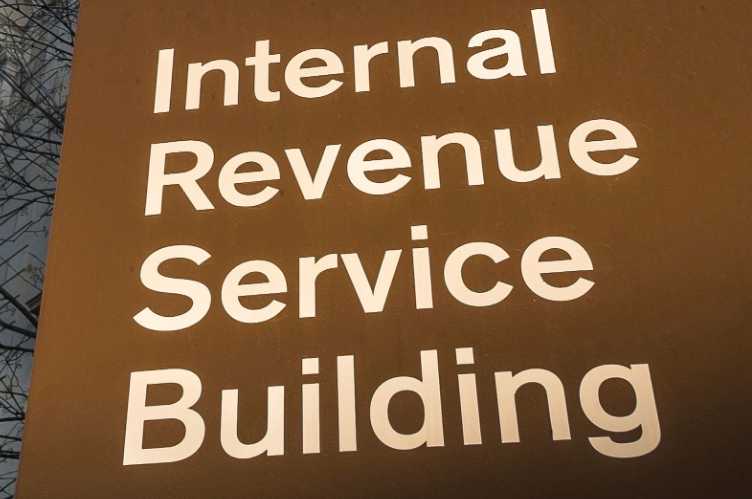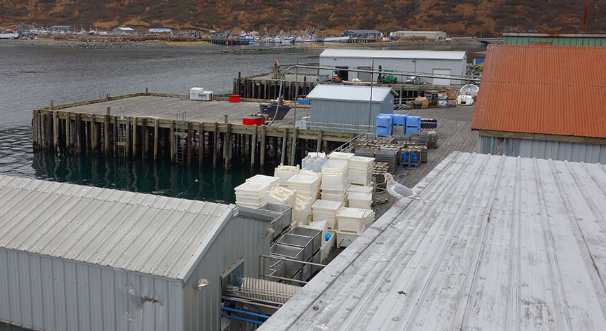
It sounds reasonable enough to tax and regulate the production, sale and use of marijuana. After all, many Alaskans produce, sell and use it already – why not make it legal and capitalize on it?
If only it were that simple.
It may seem counterintuitive for a Chamber of Commerce to oppose the commercialization of a suite of products. To be sure, the diverse membership of the Alaska Chamber’s Board of Directors discussed the measure at length before deciding to oppose Ballot Measure 2.
The Alaska Chamber’s decision to oppose Ballot Measure 2 has nothing to do with our members’ personal opinions about marijuana. Instead, it has everything to do with commerce and the provisions set forth in Ballot Measure 2.
Even though Alaska businesses have prioritized safety resulting in fewer cases of on-the-job accidents, Alaska’s workers’ compensation costs are still among the highest in the nation. One of the Chamber’s two top priorities for 2015 is reforming Alaska’s workers’ compensation system to help Alaska businesses compete.
The reality is that Ballot Measure 2 will negatively affect workforce safety, readiness, and productivity, and increase employer liability. Testing and evaluation standards for determining an employee’s level of impairment do not yet exist and will take time to develop. Current testing deficiencies put workers and employers at increased risk of harm and at odds with federal regulations. There is no need for Alaska to risk worker safety while such tests are developed.
Alaskans spent the last few years figuring out the best way to fund the services of the State of Alaska – schools, roads, Medicaid, troopers to name a few. A real challenge given that the State’s budget, unlike mine or probably yours, has doubled in a decade. Another Chamber top priority for 2015 is supporting the reduction in State spending to sustainable levels. Does Ballot Measure 2 help fund those services? Similar initiatives in states like Colorado show that it may not.
Ballot Measure 2 fails to regulate personal cultivation in a manner that ensures the commercialization of marijuana for the benefit of all Alaskans, the economy, or frankly the State budget. Under the provisions of Ballot Measure 2, one ounce or less of marijuana and up to six immature marijuana plants can be transferred to other eligible Alaskans without payment (remuneration).
An ounce may sound like a small amount, but an ounce of marijuana may produce up to 65 joints. An ounce of marijuana oil concentrate may can between 850-1,000 servings of marijuana. The gifting provision of Ballot Measure 2 makes it tough to imagine a scenario in which the marijuana trade contributes to Alaska’s economy like other businesses do. In fact, this gifting provision – the same as Colorado’s – has spelled trouble for that state’s hope of funding education.
In Colorado voters were told that they could expect to see $130 million in tax revenue from the marijuana industry in year one. The first $40 million each year were to be dedicated to education. After nine months, Colorado had raised $21 million. Colorado now plans to spend General Fund money over the next six years to pay for the costs associated with the implementation of their marijuana law.
The hearings across Alaska on Ballot Measure 2 underscore the fact that Alaskans have strong opinions about marijuana. Unfortunately, Ballot Measure 2 does not address Alaskans’ concerns. The reason is simple: the Marijuana Policy Project (WA, D.C.) and the Drug Policy Alliance (NY, NY) are concerned with their national agenda, not the needs or desires of Alaskans.
Under Ballot Measure 2 incorporated cities and villages may regulate commercial marijuana activity. This is very different from the local option laws our incorporated and unincorporated Alaska communities use to regulate alcohol. Those laws allows communities to ban the importation, sale and possession of alcohol.
The Alaska Chamber encourages Alaskans to Vote No On Ballot Measure 2. If Alaskans want to legalize, tax and regulate the production, sale and use of marijuana – let’s make sure we’re not an experiment – let’s protect Alaska’s workforce and not add to Alaska’s bulging budget woes.
Rachael Petro serves as the President and CEO of the Alaska Chamber. The Alaska Chamber’s mission is to improve Alaska’s business climate.





